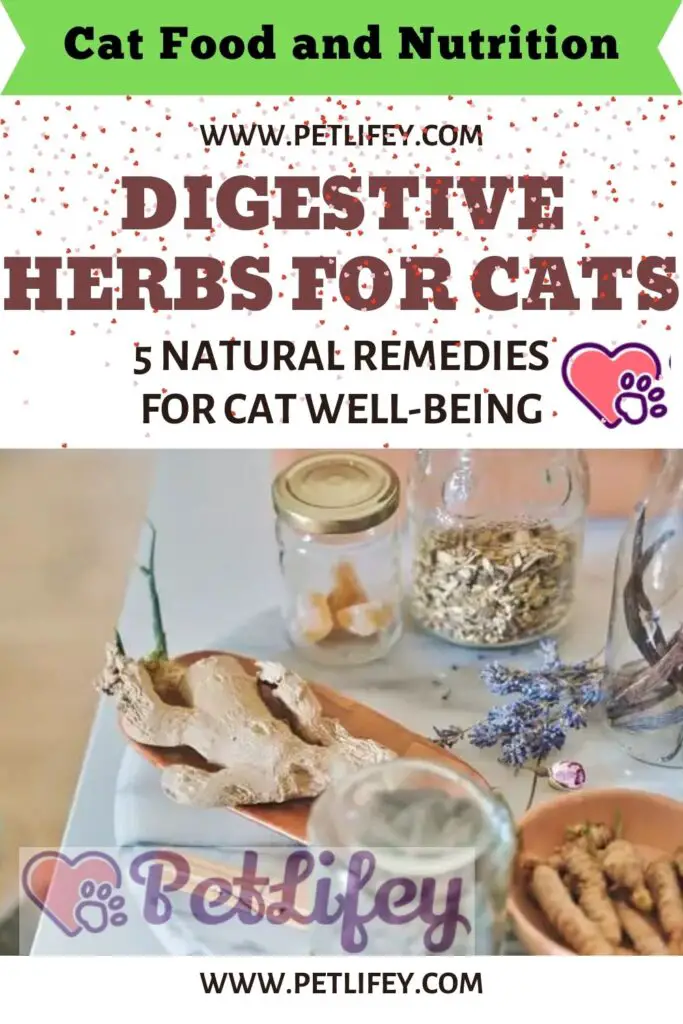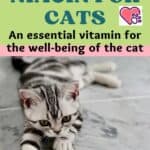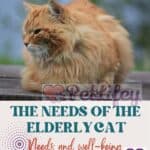
Even the cat can have problems digesting: here are 5 natural remedies that are part of the best digestive herbs for the cat.
Digestive disorders are very common among domestic cats: if they are frequent it is good to investigate with the help of the veterinarian, but often the episodes of diarrhea, constipation and vomiting in cats are occasional and can be effectively resolved even with natural home remedies.
Among the best remedies for the health of the feline digestive system there are also some digestive herbs that are excellent for the cat: let’s discover them in this article.
How to help the cat with the best digestive herbs

The most common digestive disorders among cats are usually characterized by symptoms such as diarrhea, vomiting, constipation, flatulence that can be treated effectively and naturally using some digestive herbs perfect for the cat: before administering a natural remedy to the cat it is recommended in any case, seek the advice of the veterinarian.
1. FENNEL (Foeniculum vulgare)
Fennel is a vegetable with numerous properties, suitable for the health and well-being of the digestive system of cats thanks to its ability to absorb intestinal gases and the antispasmodic effect useful for alleviating cat gastric discomfort.
It can be given to the cat in the form of cooled tea (just dissolve a teaspoon of fennel seeds in boiling water) and give the cat a couple of tablespoons a day.
Fennel is excellent in case of indigestion, but also to overcome cat’s loss of appetite or to freshen the breath.
2. GINGER (Zingiber officinale)
Ginger is probably the most effective of the digestive herbs for cats: a true digestive tonic that helps calm cramps, eliminate excess intestinal gas and improve the production of bile and enzymes in the digestive system.
The ginger extract, in combination with peppermint and fennel seeds, is perfect for the preparation of excellent herbal teas that mitigate the problems of intestinal irregularity.
Alternatively, you can grate a small amount of ginger directly into the cat’s bowl (the tip of a teaspoon is really enough).
3. ALTEA (Althea officinalis)
It is part of the Malvaceae family and is useful for protecting the intestinal mucosa in case of digestive problems, also helping cats with constipation problems. With antimicrobial and intestinal stimulating properties, it is also useful against bacteria that can cause infections not only of the digestive system, but also of the skin, ears and urinary tract of the feline.
You can use half a teaspoon of marshmallow root to prepare a tea to cool and give to the cat, which will find benefits both in case of constipation and for the expulsion of hairballs: in this case, you can add the tip directly into the bowl. of a teaspoon of dried root powder.
4. MINT (Mentha)
Whether it is spearmint, peppermint, catnip, any plant belonging to the Mentha family will bring relief to the cat suffering from intestinal or digestive disorders. Catnip is certainly the most suitable for the cat, thanks also to its light sedative effect that calms the pain and promotes rest.
In addition to catnip, you can also give the cat a small amount of dried peppermint leaves: in case of vomiting in the cat it can be useful to add about half a teaspoon for every kilogram of food. Dissolving mint in water is also a good idea, but beware of cats who prefer to drink from the tap!
5. RED ELM (Ulmus fulva)
Perfect natural remedy to counter diarrhea episodes in cats, thanks to its tannin content it is fully among the digestive herbs perfect for cat problems. Also excellent in case of colitis and other inflammations, it helps to lubricate the walls of the digestive tract favoring the elimination of toxins.
The red elm also forms a kind of slippery patina that helps protect and lubricate the mucous membranes and relax the muscles, making it easier for cats suffering from constipation and constipation to evacuate.






